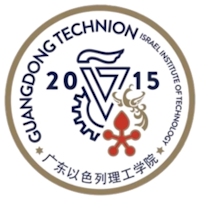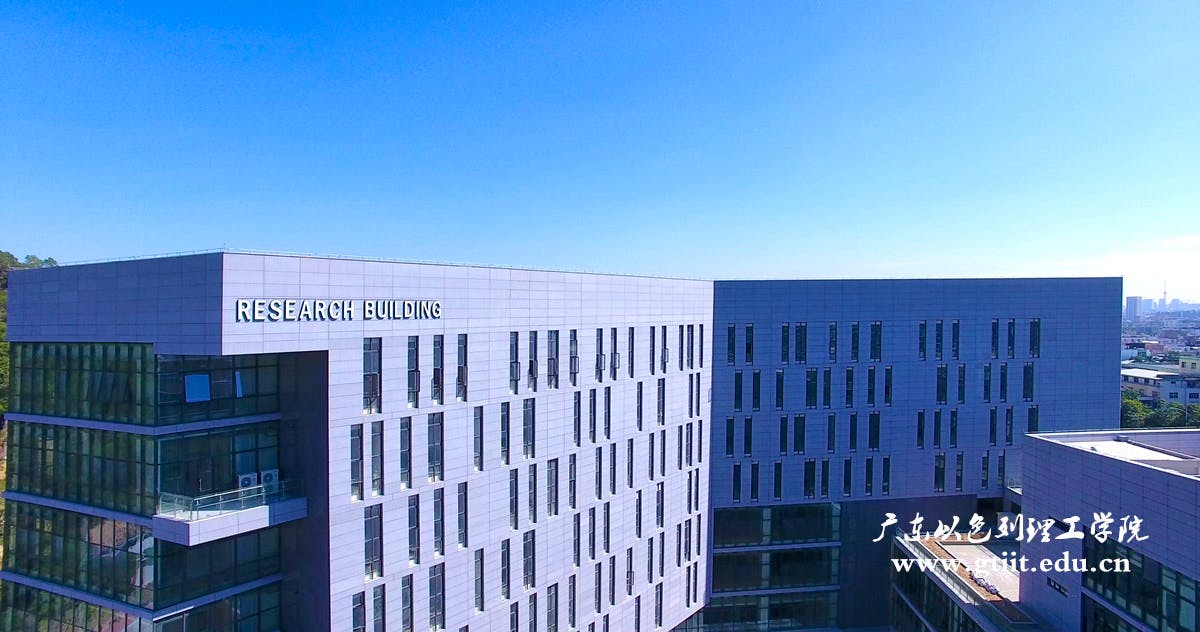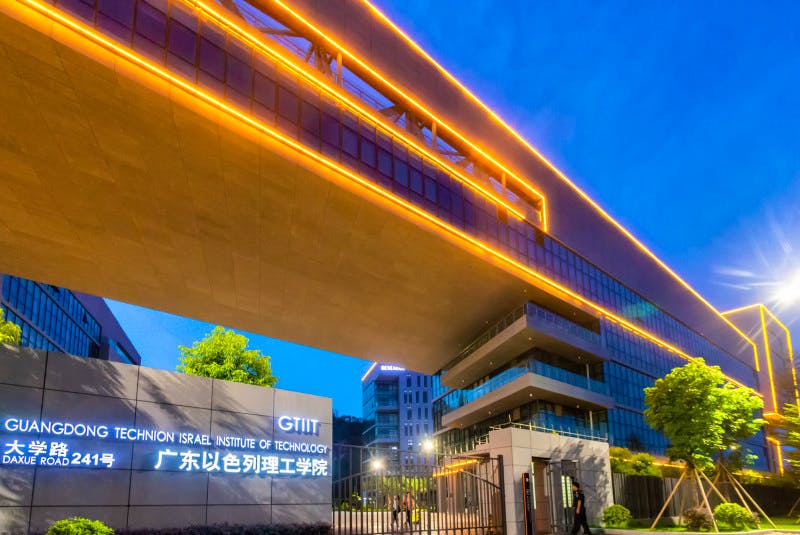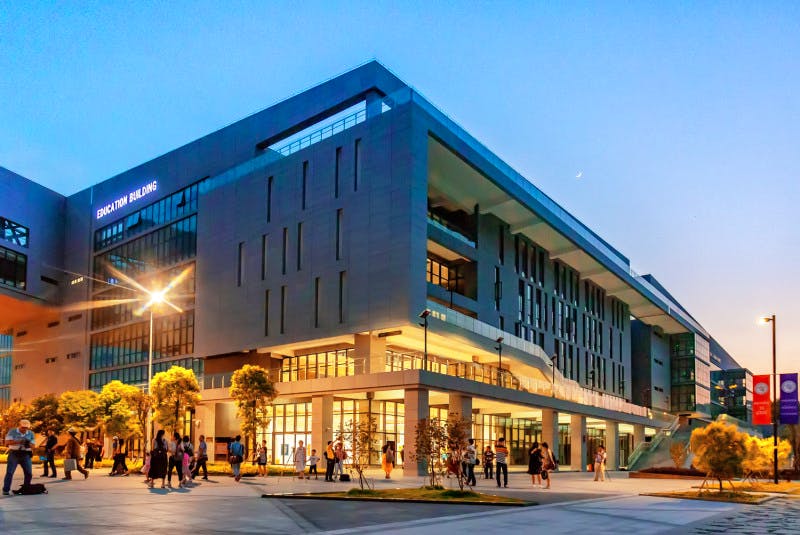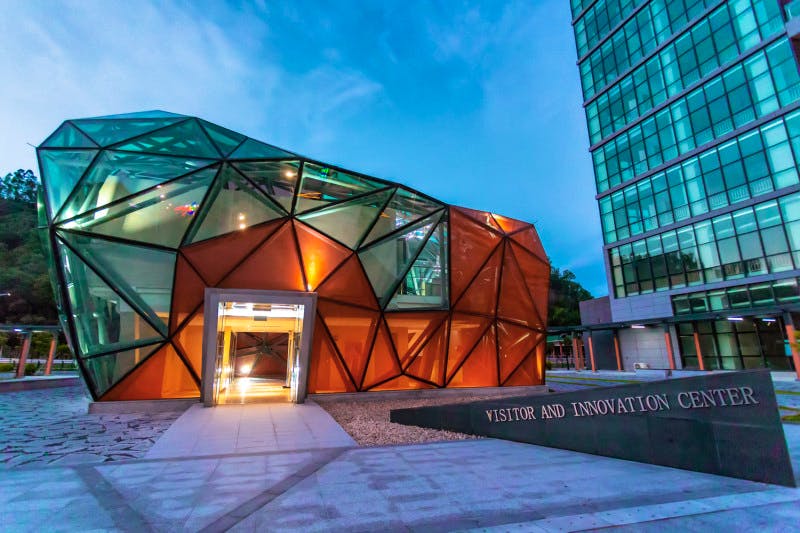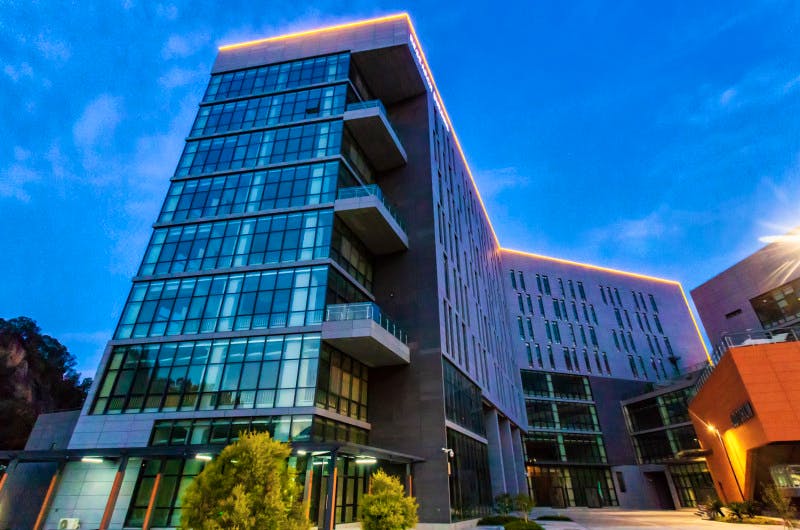The Materials Science and Engineering (hereinafter referred as “MSE”) program was listed as the Key Discipline in 2018 and the First-class Undergraduate Program Development Site in Guangdong Province in 2020. The MSE-led Provincial Key Laboratory of Materials and Technologies for Energy Conversion was approved as one of the Guangdong R&D platforms in 2021 and can provide research, education, and training services for students.
1. Program Positioning
Based on physics, chemistry and engineering, the program aims to let students understand how processing and composition affect the structure, properties and performance of materials, and is a combination of multidisciplinary knowledge and skills.
Specialized courses cover crystal structure and microstructure analysis, materials processing, electrochemistry, diffusion and phase transitions, kinetics and thermodynamics, and polymer properties, aiming to produce outstanding engineers and technologists who can integrate and lead materials research and development and its application in high-tech industries such as semiconductor manufacturing and biomaterials. Students will participate in collaborative R&D projects with industry and master advanced research methods in materials science and engineering.
Compared with MSE teaching programs in other universities in China, the knowledge structure and content of GTIIT MSE program is more advanced. Examples are: (1) the thrust on advanced courses related to micro and nanoelectronics: "Electronic Material Properties", “Experimental Molecular Electronics” "Conductive Atomic Force Microscopy", and other courses that span the field of microelectronics and nanoelectronics; (2) the profound course content, covering some important points that are usually not included in similar undergraduate courses, but are rather offered in graduate studies.
In addition to the excellent and unique teaching program, the MSE department puts a strong emphasis on research. The research activities cover many of utmost importance for Chinese society, and it will empower the industry of China by developing key technologies and building capable professional engineers. MSE has developed cutting-edge research in several fields including i) high-performance alloys, ii) novel materials for electronics and energy storage, iii) nuclear materials, iv) functional nanomaterials and biomaterials. In addition, MSE provides a broad range of personal and central laboratories for processing and characterization of materials that are equipped with a wide range of advanced equipment, which is supported by experienced global resources from 5 continents.
Recently the Provincial Key Lab of Energy Conversion Materials and Technology has been authorized by the Guangdong Province Department of Science and Technology. It provides a platform strengthening research and collaboration worldwide. MSE professors also actively carry out the 5-year research project “Provincial Major Project of Basic and Applied Research of Future Functional Materials under Extreme Conditions” recently awarded by the Guangdong Province Department of Science and Technology.
2. Talent-cultivation Goal
MSE students will participate in R&D projects, many of which are in cooperation with the industry, and master advanced research methods of materials science and engineering. Graduates of the program can be engaged in academic research or get employed in relevant industries. Material engineers may seek employment in industries and development centers of the following applications: electronics and communication; energy generation, conversion and storage; aerospace or vehicle manufacturing; nuclear industry; polymer nanocomposites and plastic materials; and in pharmaceuticals and biomaterials.
The graduate of the program gains the following expertise.
· Master the knowledge of mathematics and natural science, the knowledge of engineering technology, and certain knowledge of economics and management required by the professions in this program field.
· Systematically master the basic theories and knowledge of the materials science and engineering discipline; understand the basic principles of the relationship between materials’ composition, structure, synthesis/production and properties.
· Master the basic knowledge and skills of preparation, performance testing and analysis of various materials involved in the discipline.
· Understand the development status and trends of related disciplines in materials; have a sense of innovation; have basic abilities to improve materials performance and product quality, to develop and study new materials and new crafts, to select and use materials according to engineering projects, etc.
· Develop the skill of innovation and entrepreneurship.
· Have a sense of lifelong learning; able to use modern information technology to acquire related information, new technologies, and new knowledge to constantly improve personal abilities.
· Have a global vision, high-level foreign language proficiency, intercultural communications ability and cooperation ability.
3. Cultivation Scheme
Following the program setting in Technion, MSE - GT students need to complete 160 credits of courses in four years, including compulsory courses (131 credits), elective courses (19 credits), general education courses (10 credits). In addition, 16 credits of moral and political theory courses are requested by the China Ministry of Education. The teaching includes theoretical teaching as well as practical teaching. All courses are taught in English except ideological and political courses and physical education.
Upon completing the studies, the students receive two graduation documents – one from the Technion and the other from GTIIT.
4. Faculty Team
The MSE program has been recruiting worldwide teaching staff and young scientists with excellent professional backgrounds in innovation, research, and teaching.
Apart from some Technion teachers, GTIIT MSE has teachers and researchers from the United States, Germany, Australia, Spain, the United Kingdom, Canada, Japan and other countries. Most of the teachers and researchers have worked at world-class universities (such as Northwestern University), research institutes (such as the Lawrence Livermore National Laboratory) and R&D departments of famous companies (such as GE). Among the MSE faculty and teachers, there are an awardee of the "Thousand Youth Talents Plan", scholars of the Guangdong "Yangfan Program", and two high-level foreign scholars, etc.
5. Teaching Conditions
The MSE program provided teaching laboratories that are equipped with the world’s leading experimental equipment such as a world-class conductive atomic force microscope or the most advanced electron microscopes. MSE is continuously heavily investing in the equipment of teaching and scientific research with advanced high-level, to help students get involved in scientific research project as early as possible and obtain real scientific research experience. MSE students are required to complete specific experiments in teaching laboratories and advanced research projects under supervision of a faculty member before graduation. The topic selection involves research topics and experience of their supervisors, which meets the needs of society and industry.
Show less
